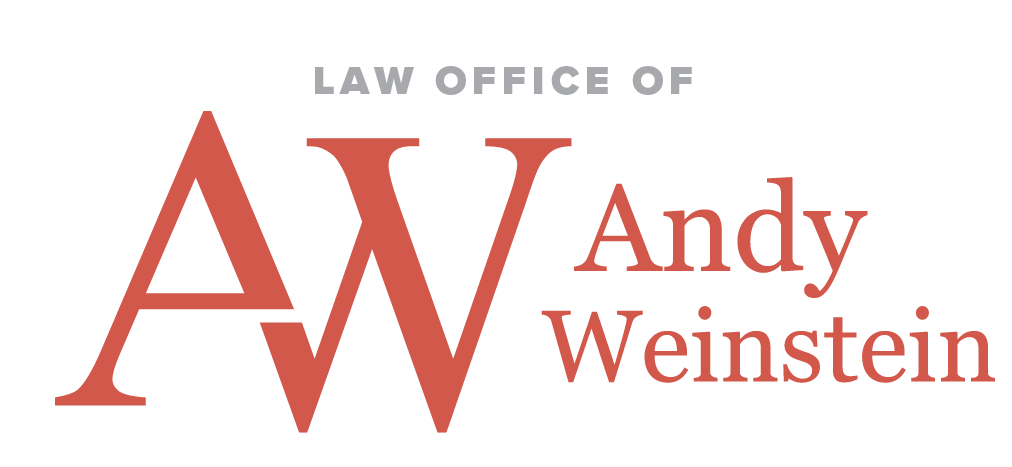Facing criminal charges can be overwhelming and learning that there is a grand jury indictment against the accused individual can be terrifying. For that reason, accused individuals should understand the purpose of a grand jury and what it means for them.
The purpose and function of a grand jury
Grand juries are intended to encourage witnesses to speak freely and without fear of retaliation. It also protects the accused individual’s reputation if the grand jury decides not to indict them. This is achieved by keeping grand jury procedures in complete confidence. They are not open to the public.
The grand jury process is a different process than a jury trial. There is no judge present and typically no representative for the accused individual; only the prosecutor is typically present. Grand jury proceedings are more relaxed than typical courtroom proceedings. The rules for what the jury sees and hears are more relaxed. The grand jury hears testimony and helps to gather evidence and has broad discretion over what it sees and hears.
A grand jury’s power to take up anything they like
Grand juries work with the prosecutors to decide whether or not to bring criminal charges and an indictment against the accused individual. They do not decide guilt or innocence or determine punishment. The grand jury may find that there is evidence to charge the accused individual with a crime, with a different crime or that there is not enough evidence to charge the accused individual with a crime. The prosecutor generally still has discretion to bring charges.
The grand jury process can be difficult to understand but is important for accused individuals to be aware of. It can impact their criminal defense strategy which is why they should familiarize themselves with it.

